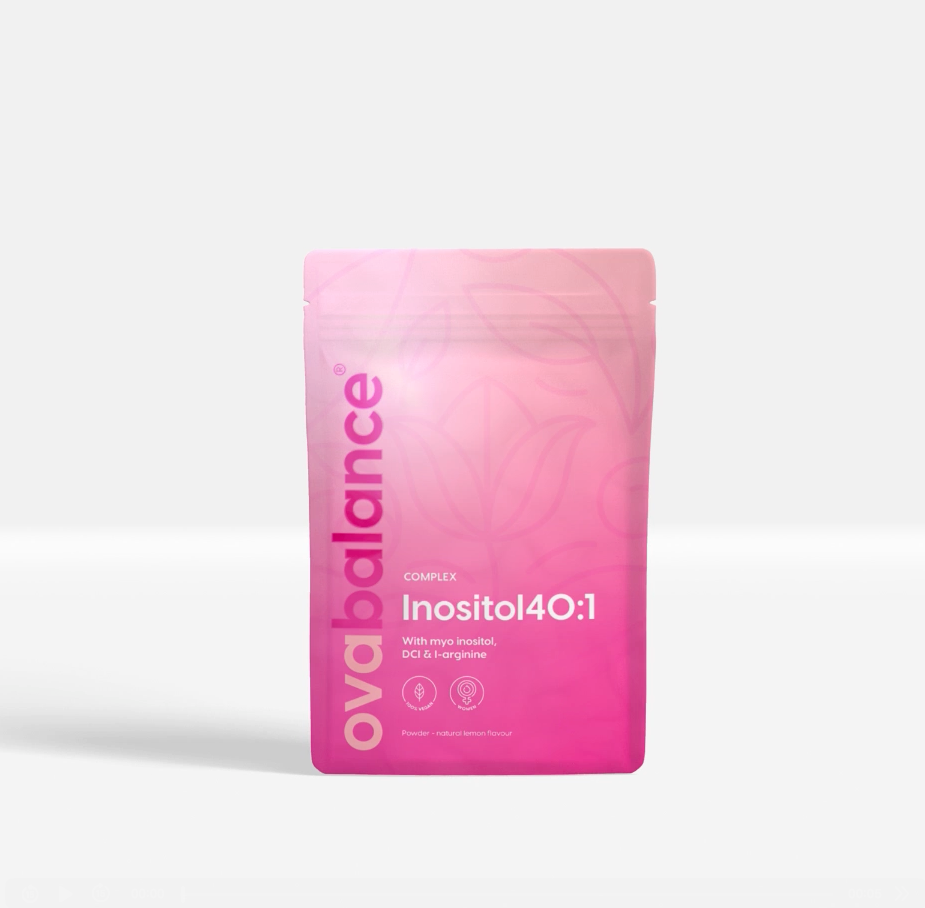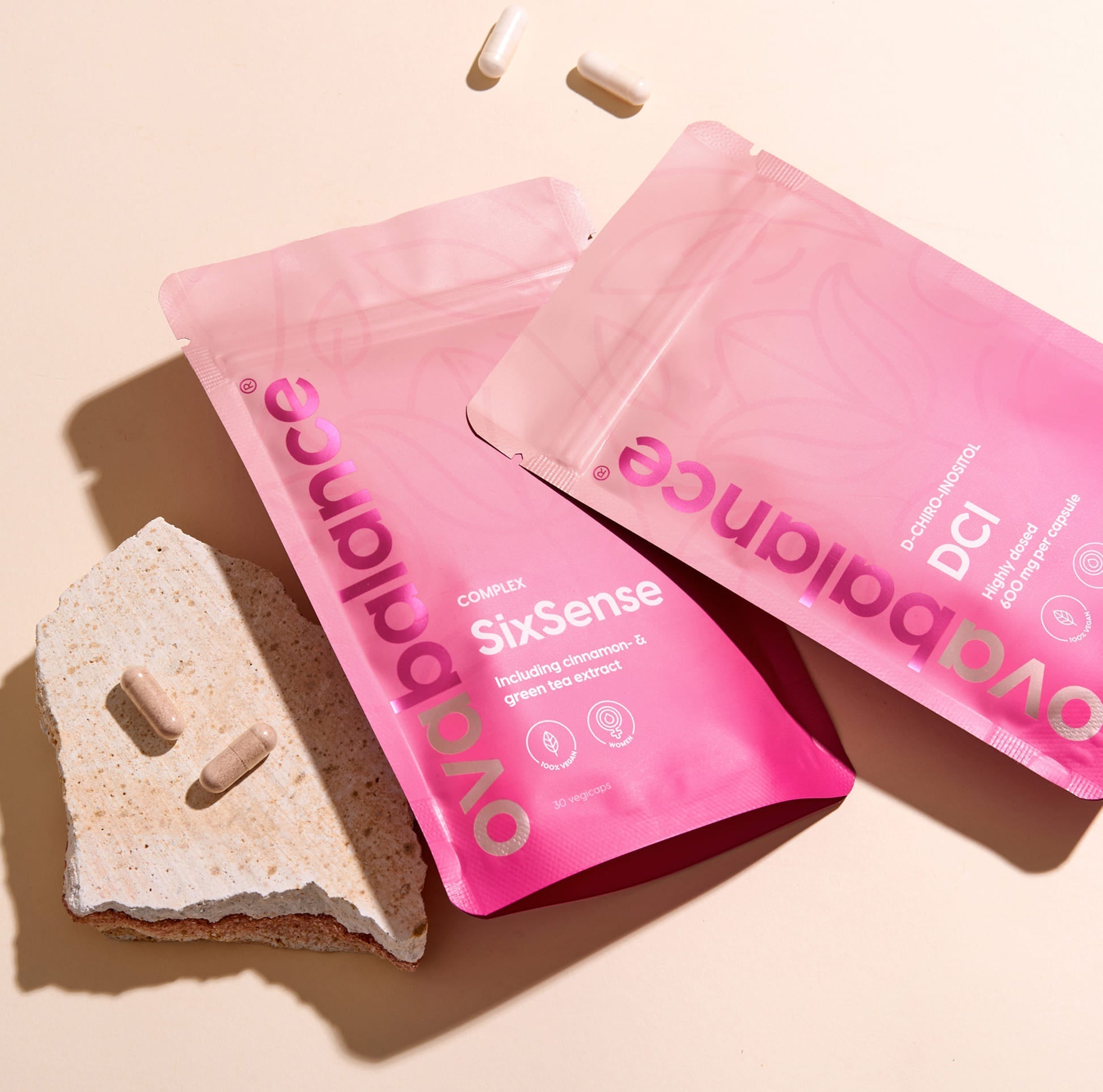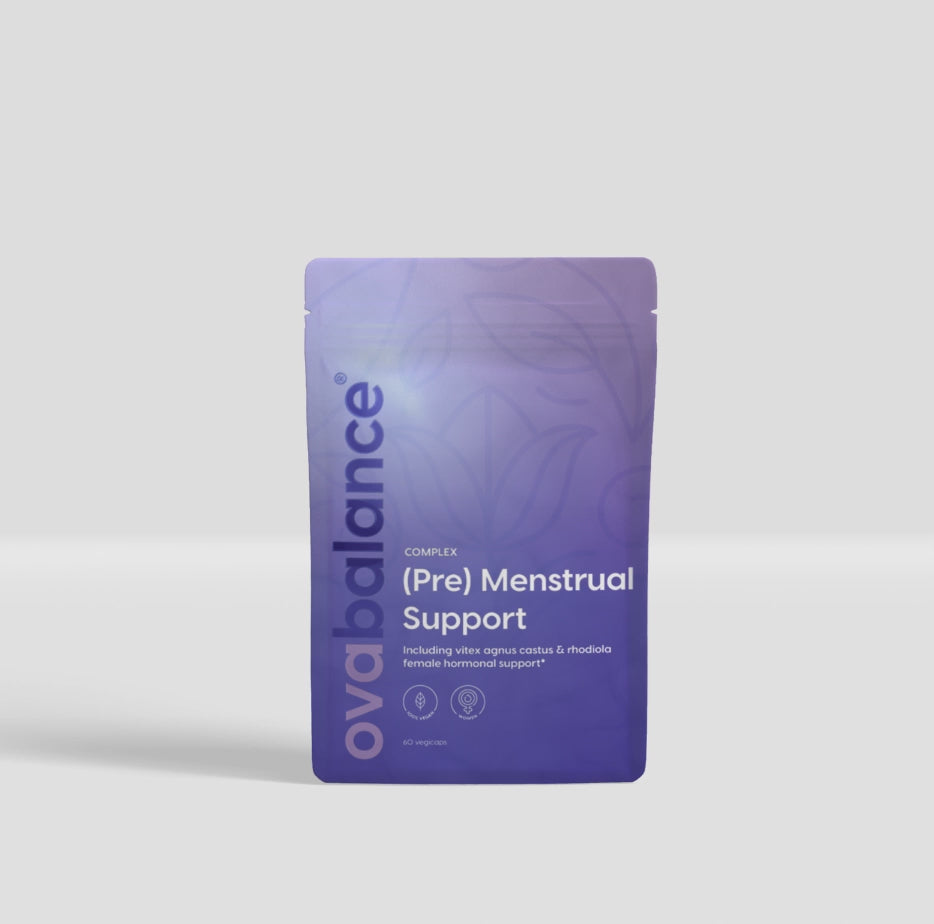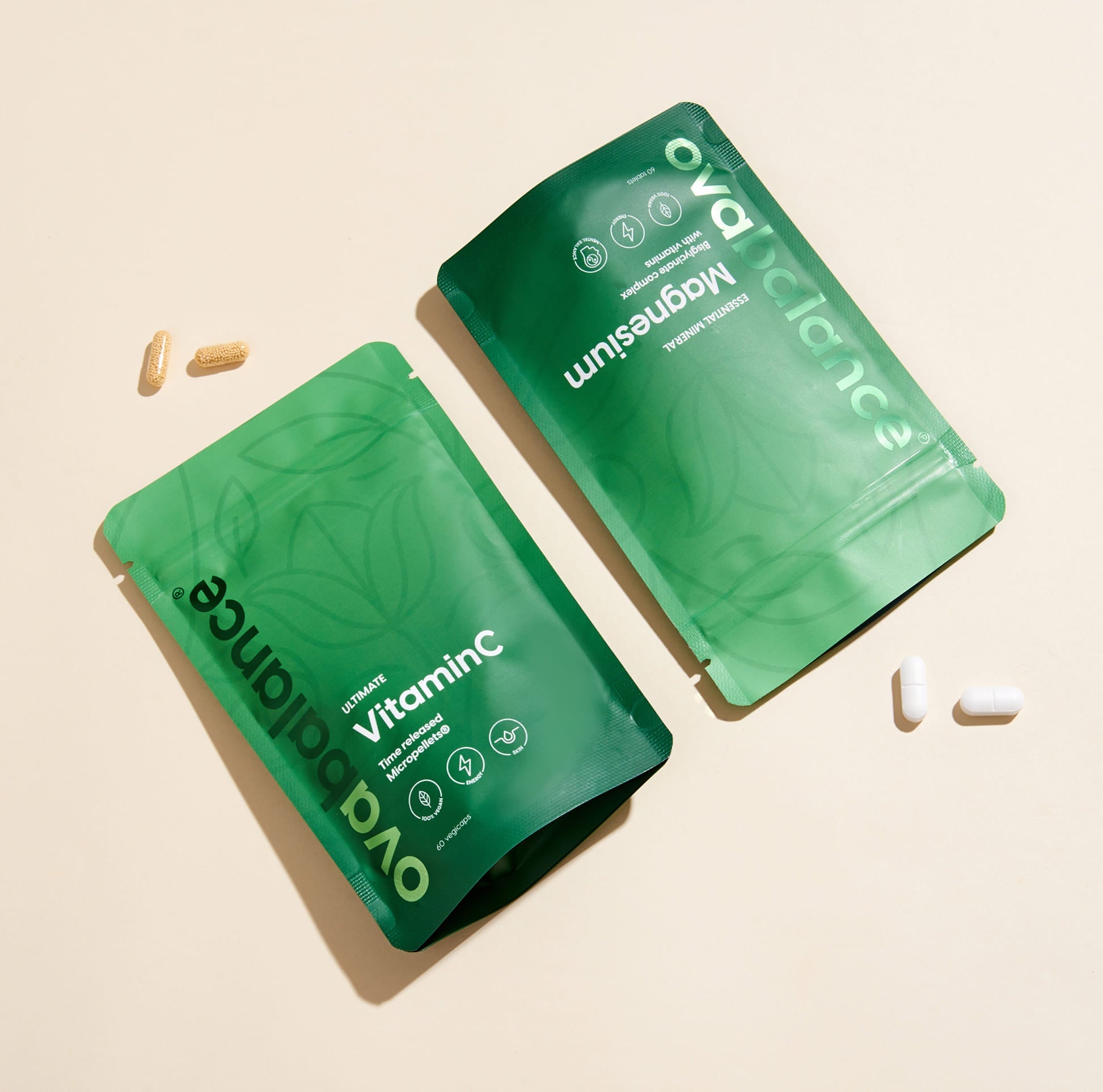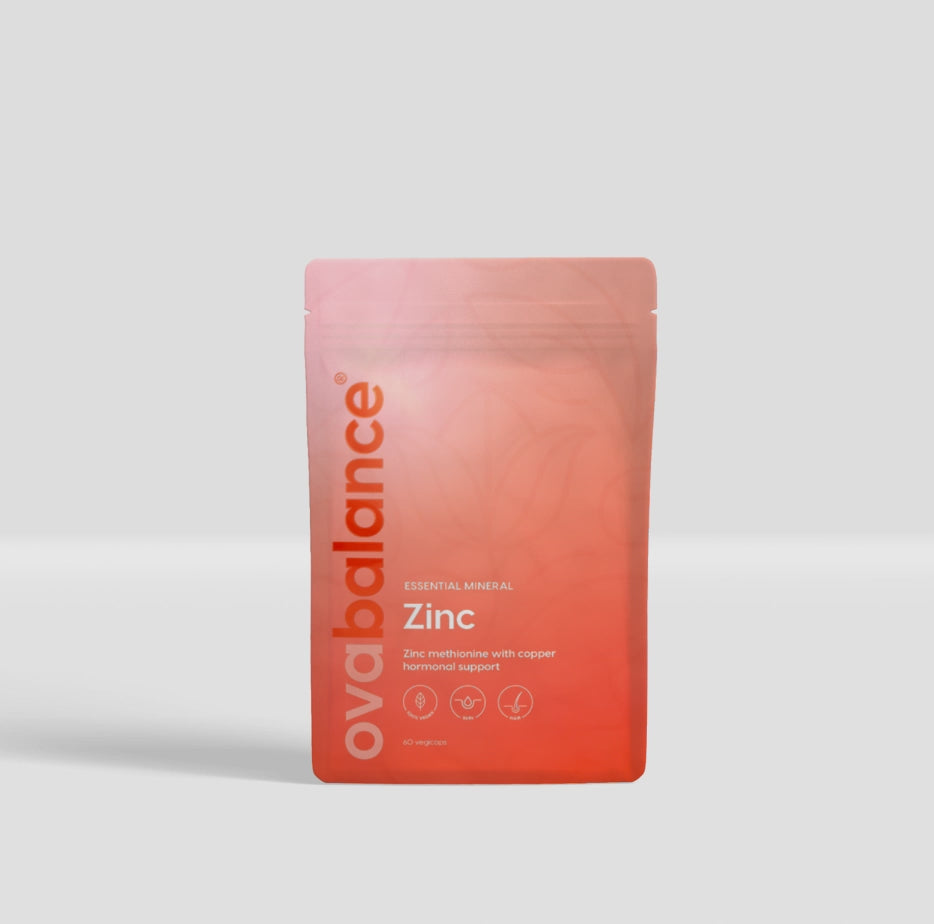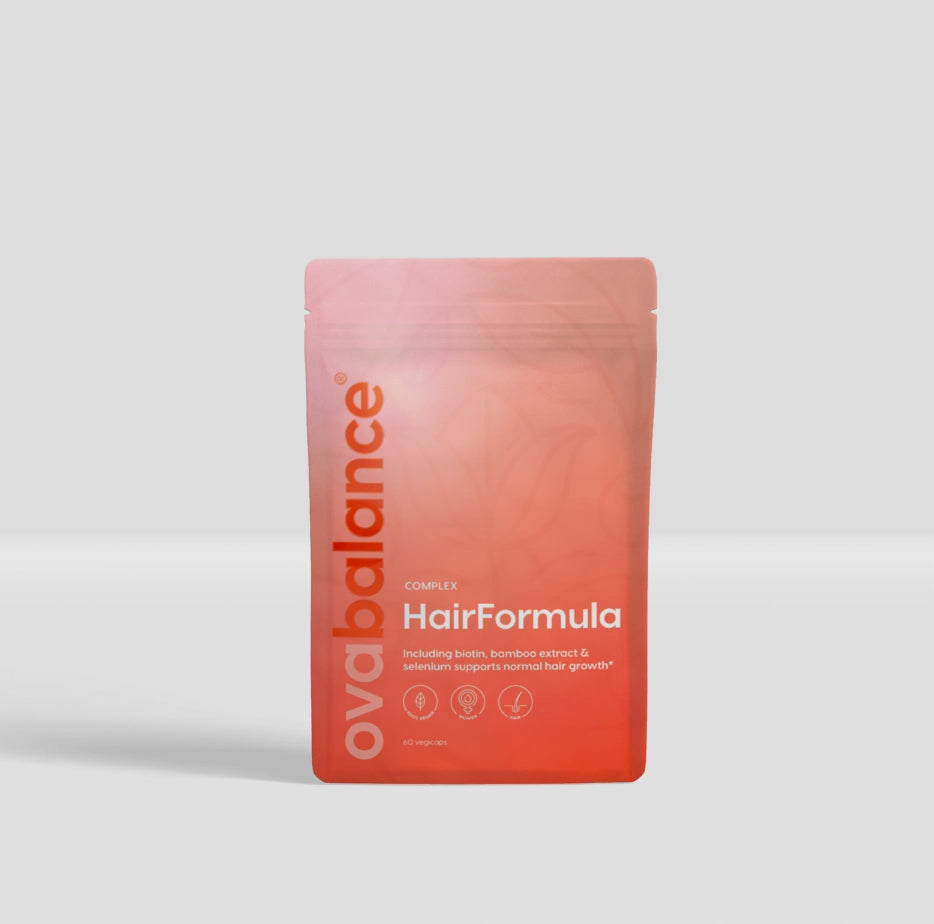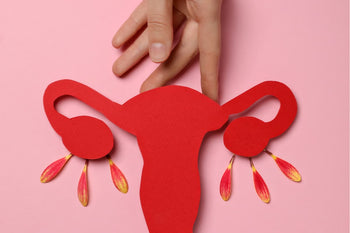

A pounding headache keeps you housebound for another day. You may not even be able to tolerate daylight and feel nauseous. Many women suffer from hormonal headaches. These can occur around menstruation, for example, but also when you are in menopause. Do you suffer from headaches during menopause? Read more.
Contents
What is hormonal headache?
Fluctuations in your hormones can cause headaches. If your headache is caused by this, we also call it hormonal headaches. Hormonal headaches are not only common around menstruation. Many women also suffer from headaches during menopause. This is not surprising, because menopause is a period in which your hormones fluctuate. They are looking for a new balance. Hormonal headaches also occur after childbirth or when you are breastfeeding.
How exactly does the transition work?
When you are in menopause, your eggs run out. They no longer mature monthly. Menstruation becomes more irregular. Sometimes you see that menstruation comes a bit closer together at the beginning of menopause, and then they become more spaced out before they stop completely. When you have not had your period for a year, you know that you are reaching menopause. Menopause is the moment that you had your last period.
Want to know more about menopause? Read: The stages of menopause explained >>
Headaches and menopause
Headaches are one of the discomforts that often occur during menopause. In addition to headaches, you often also suffer from mood swings and hot flashes. Night sweats are also common. As a result, many women also suffer from insomnia or bad nights. Lack of sleep also does not help when it comes to headaches.
Postmenopause and headaches?
There is also good news: once the menopause is over and your hormones stabilize, the headaches often decrease. Of course, you can still have headaches, just like everyone else. But the hormonal headaches decrease.
What is the difference between a headache and a migraine?
Both migraine and other forms of headache occur during menopause. Headaches such as tension headaches, you usually have pain on both sides of your head and feel pinching. Migraines you feel on one side of your head. Migraines are a throbbing pain and with this type of headache you are often also oversensitive to light and sound and you can feel nauseous. Many people with migraine stay in bed during an attack.
Also typical for a migraine attack is seeing an 'aura': you see sparkles, waves, flashes or spots in your field of vision. This aura can be accompanied by tingling or a numb feeling in your face or hand. This is, just like the headache, on one side of your body and lasts a few minutes to an hour. The headache then occurs after the aura.
What can you do about headaches during menopause?
Some tips to reduce headaches during menopause:
Get enough rest and relax when you can . Stress has a negative effect on headaches. If you feel a headache or migraine coming on, take a break right away. Grab a cup of tea, lie down for a while or whatever gives you the relaxation you need.
Make sure you get enough exercise during the day . Do you work behind a desk? Get up from behind it regularly. By keeping your muscles moving, you prevent muscle stiffness. Stiff muscles, for example in your shoulders or neck, often also cause headaches.
Do you have a lot of migraine attacks or persistent headaches? Then consult your GP . Keeping a headache diary can give you and your GP insights into the cause of your headaches.

